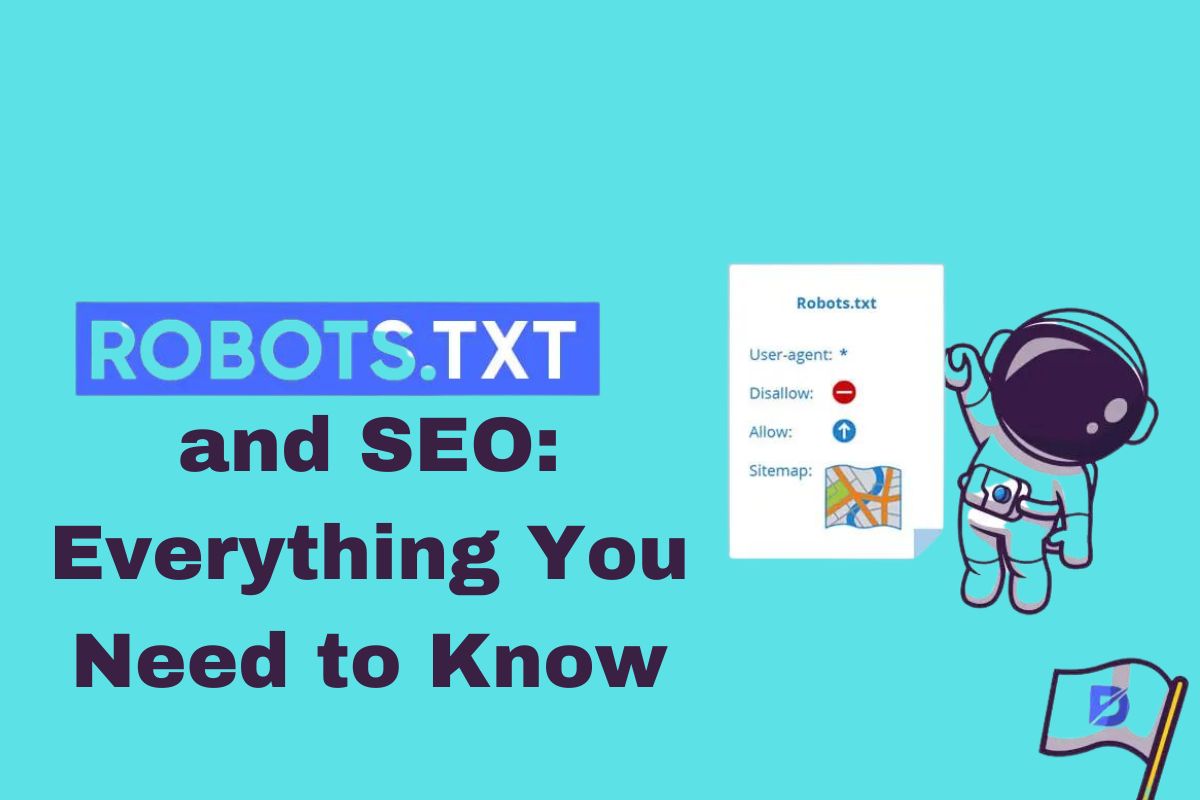Within the dynamic field of digital marketing, search engine optimization, or SEO, has become essential to success. Both individuals and businesses aim to achieve a higher ranking in search engine results pages (SERPs) in order to increase visibility, attract visitors, and eventually increase transactions. But in the process of becoming an SEO master, it’s important to keep in mind that these SEO tools are designed to be guides, not dictators. Even while they offer insightful analysis and helpful suggestions, writing for your audience—not search engines—should always come first.
The Role of SEO Tools
A multitude of advantages are provided by SEO tools, such as:
Keyword research:
Determining the pertinent search terms that members of your target audience utilize.
On-page optimization:
Checking that the content of websites complies with search engine standards.
Technical SEO:
Locating and resolving technical problems that prevent crawling and indexing of websites.
Backlink analysis:
Assessing the amount and quality of backlinks that lead to your website.
Competitor analysis:
Recognizing the approaches and results produced by your rivals.
These resources offer insightful statistics and useful information that help direct your SEO efforts. But, it’s crucial to use them wisely and avoid letting them control the way you create content.
The Pitfalls of Over-Optimizing for Search Engines
Although SEO is important for website visibility, focusing too much on search engine algorithms can result in a number of problems:
Keyword stuffing:
Putting keywords into content in an unusual way in order to manipulate search rankings, producing writing that is illegible and unnatural.
Content irrelevance:
Neglecting the content’s relevancy and value for the intended audience in favor of creating it only for keyword rankings.
Algorithm chasing:
Modifying content frequently in response to search engine algorithms that are always changing, results in a lack of consistency and concentration.
These actions may harm the reputation and reliability of your website, which could ultimately limit your SEO objectives.
Writing for Your Audience: The True SEO Key
The key to successful SEO is producing excellent content that appeals to your target market. This includes:
Understanding your audience:
Doing complete research in order to understand their requirements, interests, and search patterns.
Creating valuable content:
Creating educational, entertaining, and problem-solving content for them.
Building trust and authority:
Establishing your authority as a knowledgeable resource in your field.
Content that truly helps your readers will organically attract backlinks, social media shares, and favorable user interaction. The authority and visibility of your website in search engine rankings are subsequently increased by these signals.
SEO Tools as Allies, Not Antagonists
While SEO tools can be helpful friends in your SEO projects, writing for your audience should always come first. Make use of them to gather knowledge, target areas in need of advancement, and confirm that the content complies with search engine requirements. Never, however, allow them to control the way you create content or damage the quality and usefulness of your work.
Keep in mind that SEO is all about producing content that your audience finds interesting and valuable, not about manipulating search engines. Setting your audience’s demands first will help you achieve long-term SEO success.
Frequently Asked Questions!
-
How do SEO tools contribute to effective content creation?
Ans: Through features including competitor analysis, backlink analysis, technical SEO, on-page optimization, and keyword research, SEO tools provide insightful information. They assist with the creation of content by offering data to improve visibility and handle technological problems, but it’s important to resist letting them control the quality of the content.
-
How can I ensure my content meets both audience and search engine needs?
Ans: By thoroughly researching your audience’s needs, interests, and search behaviors, you can better understand them. In addition to creating helpful content that meets their demands, make sure your content complies with search engine criteria by utilizing SEO tools to find areas for improvement.
-
Is it necessary to frequently update content based on changing search engine algorithms?
Ans: While keeping up with algorithm updates is necessary, making frequent and unnecessary adjustments to content might cause a lack of consistency and concentration. Making great, pertinent content for your audience should take priority over responding to algorithm changes on a regular basis.
-
Can SEO tools replace the need for understanding the target audience?
Ans: No, SEO tools are additional tools that offer information and analysis. Conducting thorough research is necessary for truly understanding the preferences, behaviors, and needs of your target audience. Integrating this knowledge with the insights obtained from SEO tools guarantees a comprehensive strategy for producing high-quality content.
-
How does prioritizing the audience contribute to long-term SEO success?
Ans: Putting the audience first means producing content that is authentic, valuable, and relevant over time. Long-term exposure and performance in search engine rankings are facilitated by persistently beneficial signals from your audience, such as social media shares and backlinks.
Take a deeper look at SEO with our guide, ‘Robots.txt and SEO: Everything You Need to Know.’ Examine the important elements of search engine optimization for websites.






